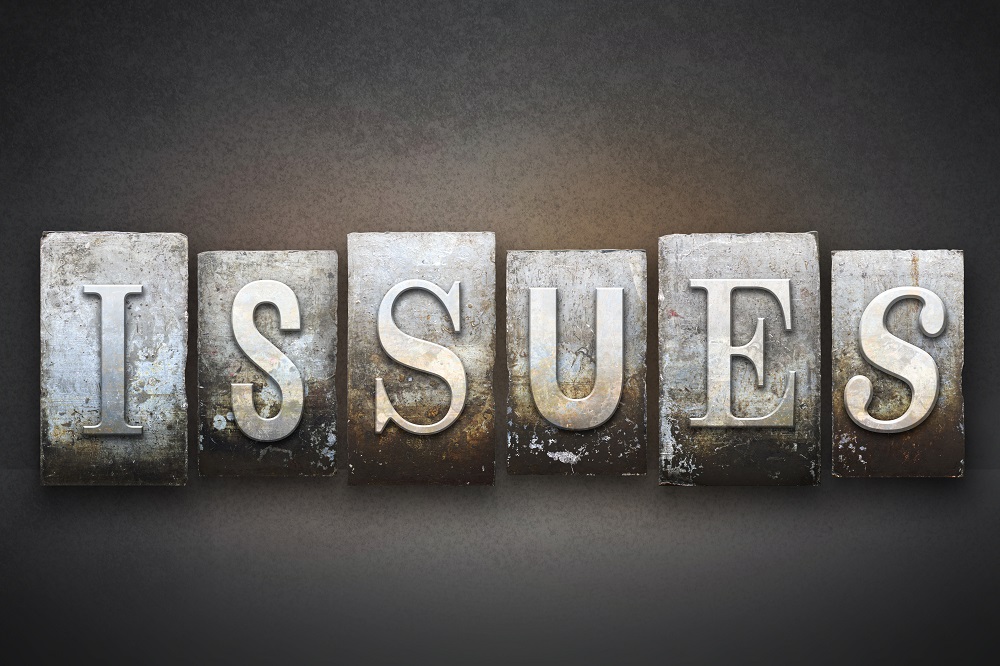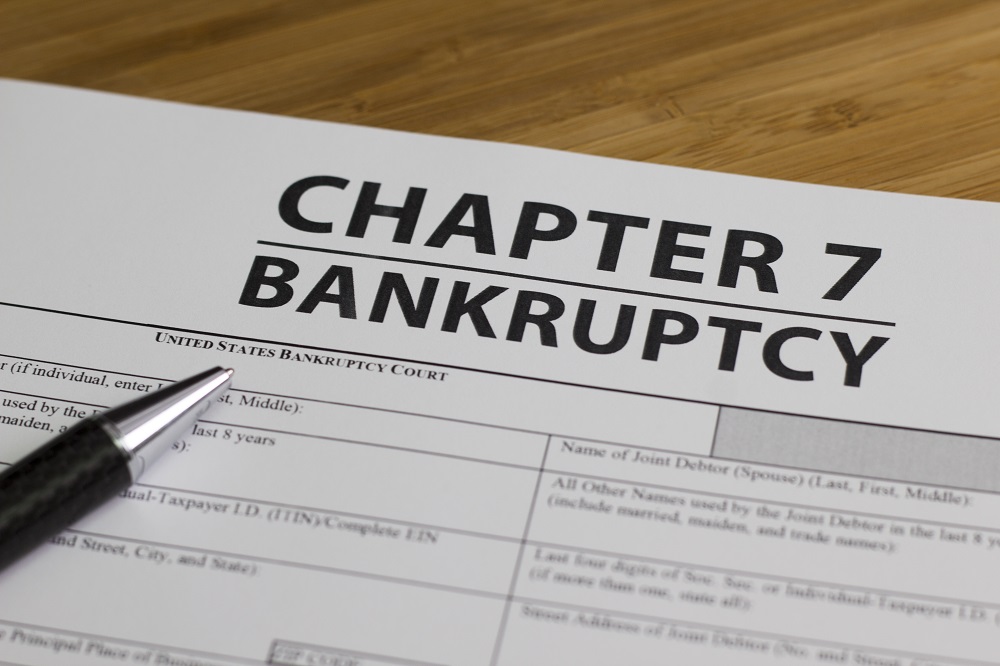Should You Liquidate Your Business Before Filing Bankruptcy?
As a business owner, you face the challenging task of keeping personal and professional finances separated from each other. The challenge is particularly big for self-employed individuals and those who run a small or a home-based company. Once you find yourself in financial trouble, you’ll find it difficult to choose the right decision that will lead to stabilization. Some people consider closing down the business. Others think that a bankruptcy filing will make the most sense. Still others will do both. Is it a good idea to liquidate your business before filing bankruptcy? Can such a decision have negative consequences?
Be Careful about Major Change before Bankruptcy Filing
A major change in ownership before your Arizona bankruptcy filing is never a good idea. If you’re considering such an option, be sure to talk to an attorney before moving forward with it.
If you’ve taken a look at bankruptcy regulations, you know that the sale of personal property and assets is not a good idea. Whenever you get rid of them shortly before a bankruptcy, if you make the transfer to a friend or a family relative or if you sell below market value, you will fall under suspicion for bankruptcy fraud.
The same principle applies if you liquidate your business before filing bankruptcy.
Whenever you sign an agreement that gives the business to somebody else, you will be committing a form of asset transfer. This way, the assets and equipment cannot become a part of the bankruptcy estate. Such practices are illegal and in the best case scenario, they will make the discharge impossible.
Business Type Plays a Role
Depending on the circumstances, you may still have to shut down a business if you file personal bankruptcy. This is a decision that will have to be coordinated with the bankruptcy trustee, however. Refrain from going ahead and finalizing the endeavor on your own before doing the filing.
Whether a business will be closed down depends on the business form.
Sole proprietorships may have to be closed down. The trustee will carry out an assessment of the inventory, the value and the eventual sales price of equipment and supplies used in the business. Once the exemptions are applied, as well, some of these properties/assets may become a part of the bankruptcy estate.
Service providers and freelancers who operate without assets, inventory and equipment may be allowed to continue operating while the bankruptcy proceedings are taking place.
Whenever the business is a partnership, the rules will be different. Only the share belonging to the individual doing the filing may be included in the bankruptcy estate. The same rule applies to multi-member LLCs. Unless a person is the majority owner, however, most states have provisions that will keep the bankruptcy trustee from interfering with the business operations.
 Keep in mind, however, that some partnerships may force a person out of the organization before filing bankruptcy. Such provisions should be listed in the partnership agreement and they should be discussed with an attorney to get a better idea about the future of the business.
Keep in mind, however, that some partnerships may force a person out of the organization before filing bankruptcy. Such provisions should be listed in the partnership agreement and they should be discussed with an attorney to get a better idea about the future of the business.
Single-member LLCs and corporations have similar provisions as in the previous cases. Whenever a person is the sole owner of the business, the Arizona bankruptcy trustee can liquidate the business in an attempt to maximize the bankruptcy estate.
If you own a viable company, you will need to assess the eventual impact of a personal bankruptcy filing. In some instances, you will get to keep the business but in other cases, liquidation is going to be mandatory. To avoid worries about a forced shutdown of the company, talk to a lawyer before doing the bankruptcy filing and you may also want to consider alternatives to bankruptcy.





